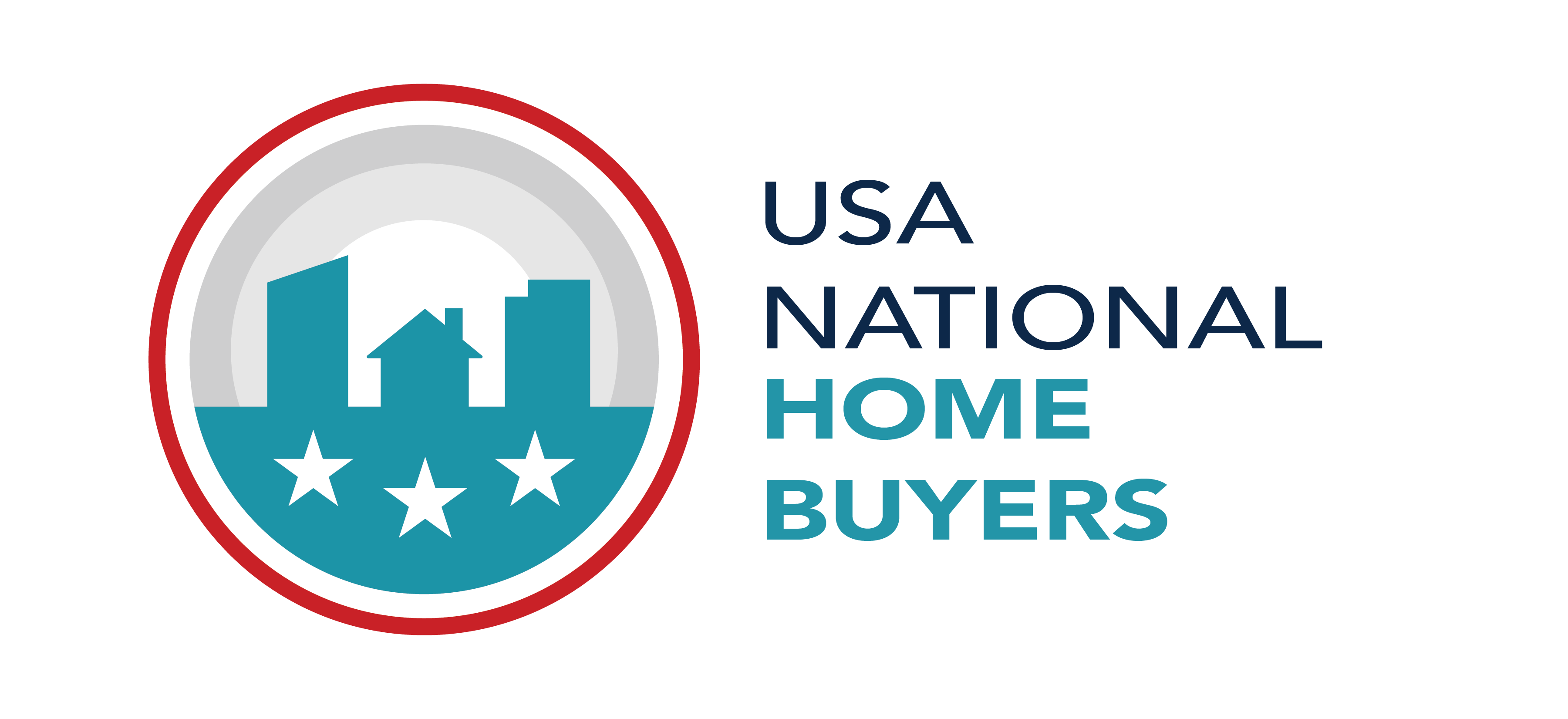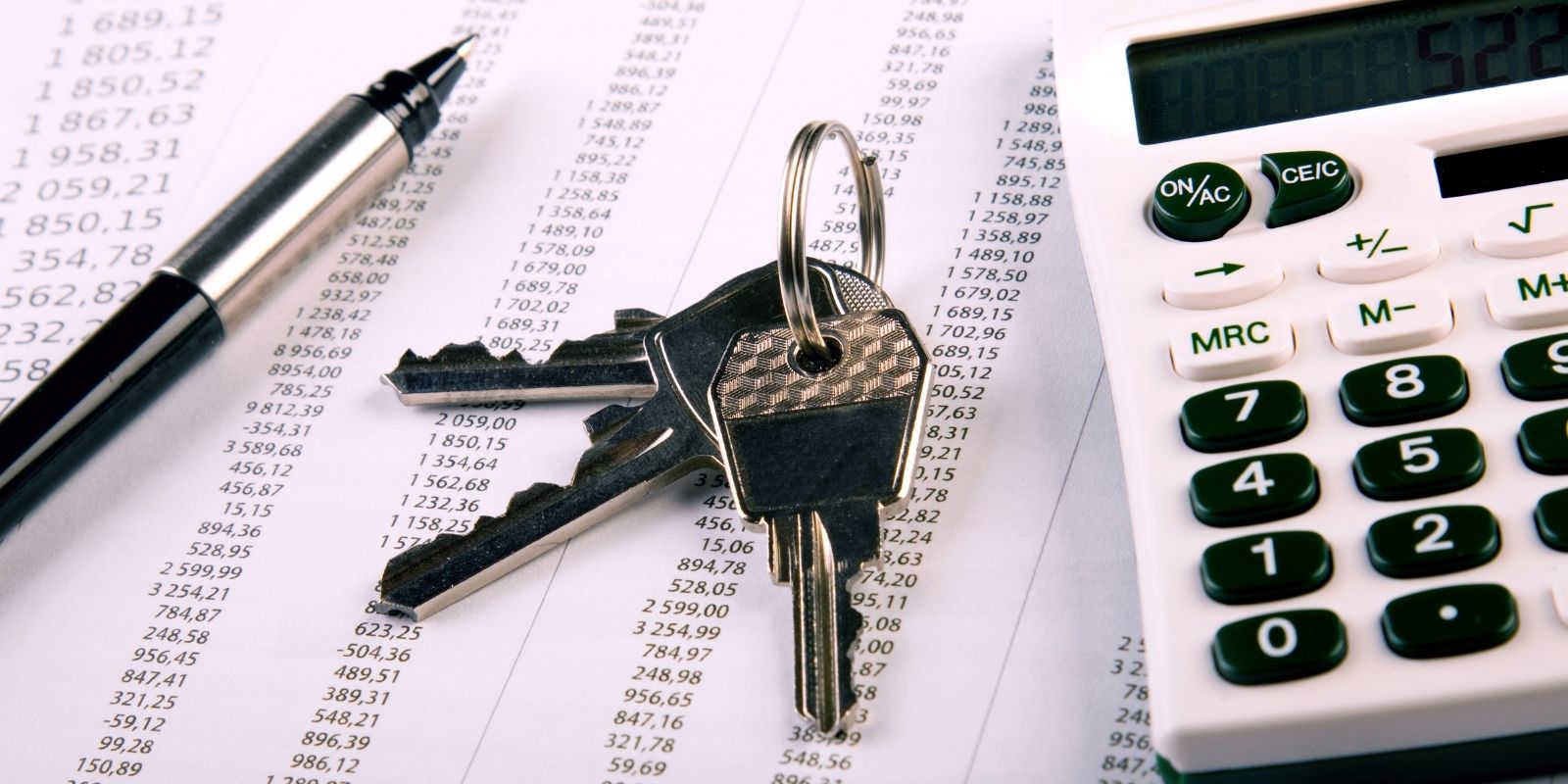There is a lot that goes into buying a home. This is the case whether you plan on living in the property or using it as an investment. What most veteran homebuyers know is that the list price is not the amount you end up spending. Between property taxes, insurance and miscellaneous closing costs this number is typically thousands of dollars higher. In most cases this can have a huge impact on whether or not you move forward with the property. These costs and expenses are with every bank loan you finance. You need to know exactly what your bottom line is before you get too far. Here are the five most common home buying expenses.
Tax Escrow
Perhaps the biggest expense in buying a home is the tax escrows. While technically not a closing cost this accounts for thousands of dollars. Every time you buy a home the new lender will establish an escrow account to pay your taxes. Instead of receiving a property tax bill every quarter or every six months your new lender will pay your taxes for you. Before they do this they require typically six months of taxes, or more, in a dedicated escrow account. They do this because they never want to have an escrow shortage and try to get money from you, the homeowner. They will always keep a cushion just in case of a sudden tax increase from the town. While this makes sense in theory it comes at the buyer’s expense. Obviously property taxes differ depending on the specific town but you can be very easily looking at thousands of dollars just in tax escrows alone. If there is ever an escrow overflow in a given year the lender will send a refund but it is rare. Lenders make interest on your tax escrows and try to keep these funds whenever possible. Regardless of where you buy you should expect to put several months of property taxes in your escrow account.

